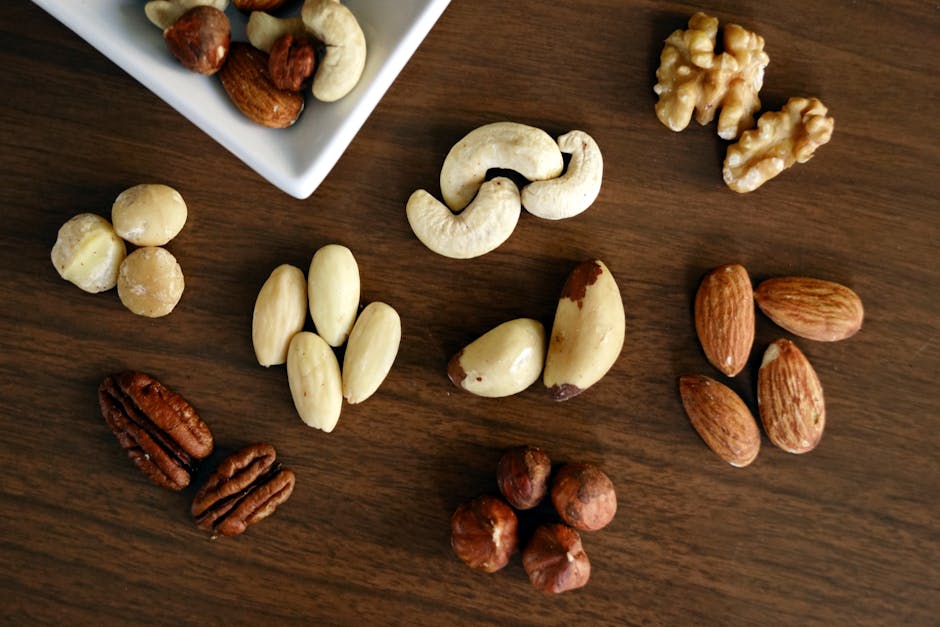Understanding the multifaceted role of proteins in nutrition and diet is crucial for maintaining optimal health and well-being. Often overshadowed by carbohydrates and fats in popular discourse, proteins are essential macromolecules underpinning virtually every biological process within the body. Their importance transcends mere energy provision; they are the building blocks of life itself, driving growth, repair, and regulation at a cellular level. This article delves into the intricacies of protein’s functions, exploring their diverse roles and highlighting the implications of adequate versus inadequate protein intake.
Proteins are complex polymers composed of amino acids, linked together by peptide bonds. Twenty different amino acids serve as the fundamental units, each with a unique chemical structure contributing to the protein’s overall three-dimensional conformation and, ultimately, its function. Nine of these amino acids are considered essential, meaning the human body cannot synthesize them and must obtain them through dietary intake. These essential amino acids include histidine, isoleucine, leucine, lysine, methionine, phenylalanine, threonine, tryptophan, and valine. A diet lacking sufficient quantities of these essential amino acids will result in protein deficiency, with potentially serious health consequences.
A primary function of proteins is their structural role. Collagen, a fibrous protein, forms the framework for connective tissues like skin, tendons, and ligaments. Keratin, another structural protein, is a major component of hair, nails, and skin, providing strength and protection. These proteins contribute to the overall integrity and resilience of our body’s architecture. Beyond providing structural support, proteins play a vital role in cellular transport. Membrane proteins act as channels and pumps, regulating the movement of molecules across cell membranes, facilitating crucial processes such as nutrient uptake and waste removal. Furthermore, proteins are essential components of the cytoskeleton, the internal scaffolding that maintains cell shape and facilitates intracellular transport.
Enzymes, a specialized class of proteins, catalyze virtually all biochemical reactions within the body. These biological catalysts dramatically increase the rate of chemical reactions, allowing for efficient metabolism of nutrients and the synthesis of essential molecules. Without enzymes, life as we know it would be impossible. Examples include digestive enzymes like amylase, which breaks down carbohydrates, and protease, which breaks down proteins. These enzymes are crucial for efficient nutrient absorption. Beyond digestive processes, enzymes play pivotal roles in DNA replication, energy production, and countless other metabolic pathways.
Proteins also exert significant regulatory functions. Hormones, many of which are proteins or protein-derived, act as chemical messengers, coordinating various physiological processes. Insulin, for example, regulates blood glucose levels, while growth hormone stimulates cell growth and development. These proteins are critical for maintaining homeostasis and coordinating the complex interplay of systems within the body. Furthermore, antibodies, which are glycoproteins, are crucial components of the immune system, identifying and neutralizing foreign invaders such as bacteria and viruses. This protective function underscores the critical role of proteins in maintaining health and resisting disease.
The body’s constant need for protein turnover necessitates a continuous supply through the diet. Protein digestion begins in the stomach with the action of pepsin, a protease that breaks down proteins into smaller polypeptides. Further digestion occurs in the small intestine, where pancreatic proteases and brush border enzymes complete the breakdown into individual amino acids, which are then absorbed into the bloodstream. These amino acids are then transported to various tissues throughout the body, where they are utilized for protein synthesis, energy production, or other metabolic processes.
Dietary protein requirements vary depending on factors such as age, sex, activity level, and overall health. Generally, recommendations suggest that adults consume a moderate amount of protein, typically around 0.8 grams per kilogram of body weight per day. However, this is a general guideline, and individuals with increased protein needs, such as athletes, pregnant women, or those recovering from illness, may require higher intakes. Sources of dietary protein include both animal and plant products. Animal-based sources, such as meat, poultry, fish, eggs, and dairy, generally provide complete proteins containing all nine essential amino acids. Plant-based sources, such as legumes, nuts, seeds, and grains, can also provide adequate protein, although they may be incomplete proteins, lacking one or more essential amino acids. A balanced diet incorporating a variety of protein sources can ensure sufficient intake of all essential amino acids.
Inadequate protein intake can lead to a range of health consequences, from reduced growth and development in children to impaired immune function and increased susceptibility to infection. Severe protein deficiency can result in kwashiorkor, a serious condition characterized by edema, muscle wasting, and growth retardation. On the other hand, excessively high protein intake is not necessarily beneficial and may even be detrimental in some cases. High protein diets can strain the kidneys, potentially increasing the risk of kidney stones and other complications. Therefore, maintaining a balanced protein intake is crucial for optimal health.
In conclusion, proteins are not merely building blocks; they are the dynamic workforce of our bodies, driving diverse and essential functions. From structural support and enzyme catalysis to hormonal regulation and immune defense, proteins play a vital role in maintaining life and health. Understanding the significance of adequate protein intake and choosing a balanced diet rich in diverse protein sources is crucial for ensuring optimal well-being throughout life. The complexities of protein metabolism and their vast physiological functions underscore the need for ongoing research and awareness to maximize the benefits of this vital macronutrient.
